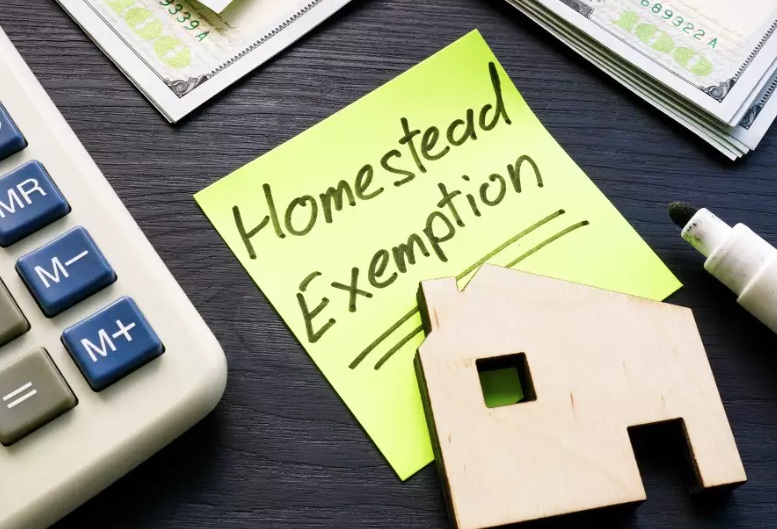May 21, 2025 – Texas homeowners are one step closer to a bigger tax break after the state House gave unanimous preliminary approval to a set of legislative proposals Tuesday.
House members advanced bills aimed at giving homeowners relief on the property taxes they pay toward school districts, the biggest chunk of a property owner’s tax bill. Senate Bill 4 by state Sen. Paul Bettencourt, a Houston Republican, would change the state’s homestead exemption, which reduces how much of a home’s value can be taxed to pay for public schools, from $100,000 to $140,000.
Senate Bill 23, another Bettencourt proposal, would raise a separate homestead exemption for homeowners who are older or have disabilities from $10,000 to $60,000.
Both bills — key priorities for Lt. Gov. Dan Patrick, who leads the Texas Senate — must come back before the House on Wednesday for a final vote. The Senate will have to sign off on changes the House made to the bills before they head to Gov. Greg Abbott’s desk.
Providing bigger tax breaks to homeowners is a key component of a deal brokered by Republicans in the Texas Legislature to lower tax bills for Texans, who pay among the highest property taxes in the country. The other major piece is giving business owners greater exemptions on their inventory. Texas is one of the few states that taxes businesses’ inventory.

House Bill 9 by state Rep. Morgan Meyer, R-University Park, would exempt up to $125,000 of businesses’ inventory from being taxed by school districts, cities, counties or any other taxing entity. Under current law, businesses don’t have to pay taxes on that property if it’s worth $2,500 or less.
The Texas Senate approved that bill last week, and House members gave a thumbs-up Monday to changes that chamber made.
House lawmakers shot down a push by the chamber’s more conservative members to boost the homestead exemption to $160,000. Supporters of the failed amendment argued that legislators could further tap the state’s $24 billion surplus to pay for greater relief. But other lawmakers stressed that state budget writers have only set aside enough money to pay to raise the exemption to $140,000.






